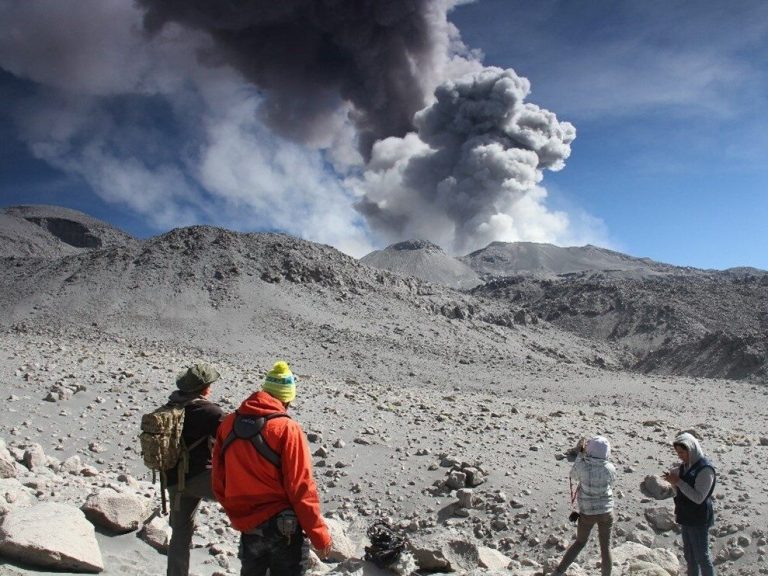Electricity networks will undergo profound changes. This is a response to the growing importance of renewable energy

The growing number of renewable energy sources, the growing needs of consumers and ensuring the development of the eMobility sector – these are some of the challenges that the energy transformation poses to distribution networks.
During the 39th EuroPOWER & 9th RES POWER Energy Conference, the following topics were discussed: about the requirements of modern distribution systems. Experts drew attention to the specificity of metropolitan areas and issues that networks will have to face in the near future.
Network development is one of the priorities of the national energy sector
The transformation of the energy sector consists of numerous multidimensional activities that have a key impact on the future of Poland and its place in modern Europe. Effective, intelligent and flexible distribution networks will be of particular importance for the ongoing changes in the near future. Investments in this area will certainly help guarantee stable and uninterrupted energy supplies to consumers. They will also support the adaptation of the network to bidirectional operation. They will also ensure efficient functioning of generation sources – especially in the light of the increasingly popular renewable energy and distributed energy solutions.
Stoen Operator shared its experience in this area during the 39th EuroPOWER & 9th RES POWER Energy Conference on April 18-19. The company, as the only distribution system operator (DSO) in Poland, operates exclusively in urban areas and supplies electricity to over 1.1 million customers in the capital. Due to the growing needs of customers, Stoen Operator has been modernizing its network infrastructure for many years, and for 2024 it has planned an investment budget at a record level of approximately PLN 650 million.
– The specific nature of our activities is of great importance in terms of investment and implementation of the assumptions of the Charter for Effective Transformation (KET). When we are dealing with a highly urbanized area, with concentrated infrastructure and often complicated issues of land rights, we face various challenges. They result in an individual way of fulfilling the goals set by this strategically important document – noted Leszek Bitner, director of the Network Asset Management Division at Stoen Operator, during the conference.
Renewable energy needs a flexible system
The need for continuous modernization and development of the network also results from the growing number of distributed renewable energy sources. An example is the experience of the Warsaw DSO. Last year, despite a slight decline in the dynamics of connections on a national scale, in the Warsaw agglomeration by 13%. the number of photovoltaic micro-installations increased compared to 2022. The network of energy storage facilities is also developing. This is an important trend in the context of increasing network flexibility.
During the debate during the conference, participants also touched on the important topic of infrastructure's readiness for the development of electromobility.
– There is a common opinion that the lack of sufficient power availability to charge “electrics” in parking lots, offices and homes is currently one of the biggest barriers to the development of eMobility. However, the problem is much more complex. On the one hand, the consumer expects constant availability of maximum network power, even though he does not fully use it. On the other hand, the Distribution System Operator (DSO) is obliged to secure such power. Therefore, already at the network planning stage we must estimate the power needed for a given location. For this purpose, we estimate the number of potential recipients and analyze how specific parts of the city will develop. What is particularly important, we cooperate with the capital city of Warsaw on this type of analyses – noted Leszek Bitner.
Equal regulation of demand and supply of electricity may allow for securing constant supplies of electricity in the future. Appropriate power management systems and control of electric charging energy consumption can help in effective network balancing.






